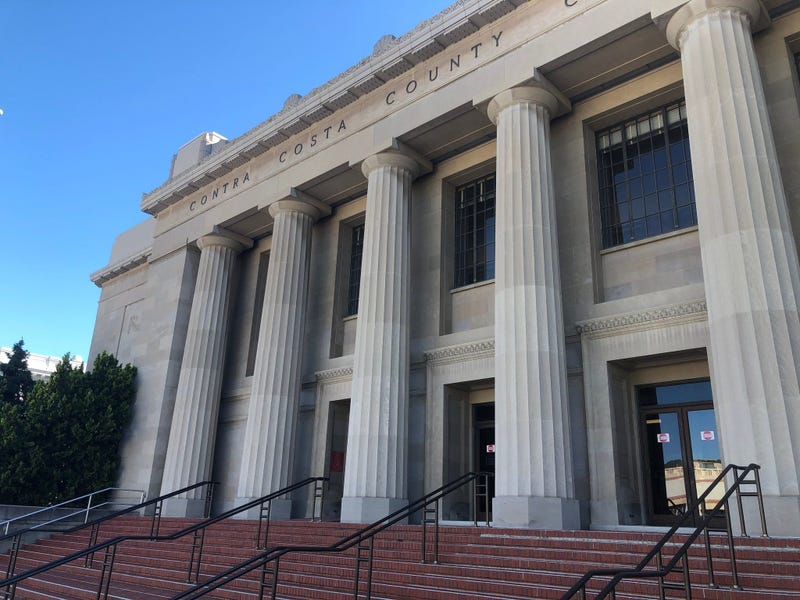
Researchers at University of California, Berkeley suggests that racial discrimination is an ongoing problem in the jury selection process in California. The study’s lead author spoke with KCBS Radio to explain.
The question is: Which jurors are more likely to be rejected or struck without cause during the selection process? Researchers with Berkeley Law’s Death Penalty Clinic looked at almost 700 California Court of Appeal cases.
Cal Law professor Elisabeth Semel is head of the Death Penalty Clinic and lead author of the study.
“In over 70% of the cases we looked at, what was at issue is that a prosecutor had exercised a strike, and that overwhelmingly, these strikes were against Black and Latinx jurors,” Semel told KCBS Radio.
She added that discrimination in jury selection is illegal but appellate courts also rarely find that such discrimination occurred.
“The procedure we use for determining whether strikes are race-based is flawed, was faulty from the beginning, and essentially proved over time that it cannot do what it was intended to do,” Semel said.
A bill making its way through Sacramento would change the way these strikes are reviewed and make it harder to justify potential discrimination.
